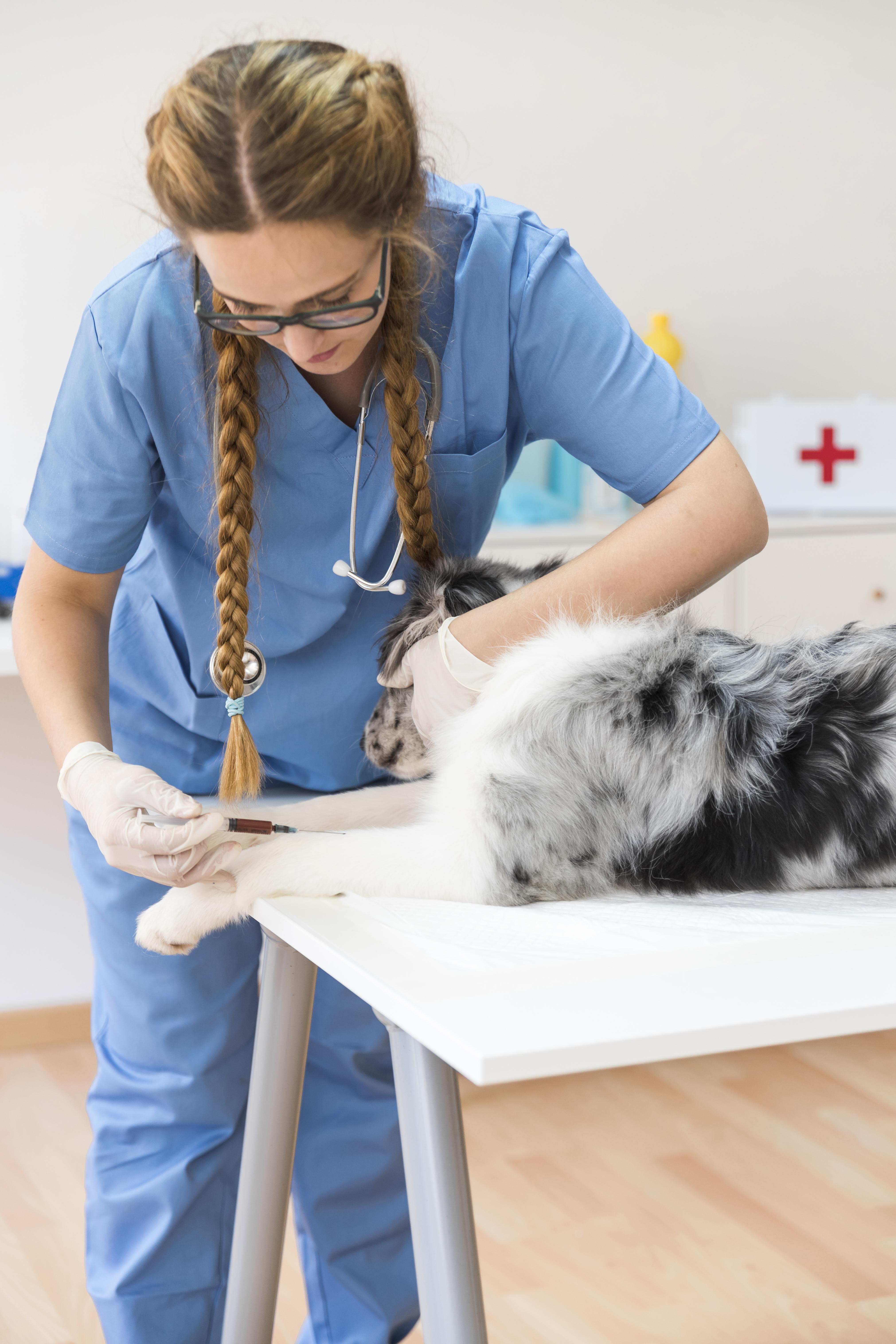Surrey Pet Diagnostics: Understanding Common Tests for Dogs and Cats

When your dog or cat isn’t feeling well, figuring out what’s wrong can be tough. Pets can’t tell us how they feel, so veterinarians in Surrey use diagnostic tests to find answers. These tests, like blood work, X-rays, and ultrasounds, help spot health problems early so your pet can get the right treatment. This article explains the most common diagnostic tests for dogs and cats in Surrey, how they work, and why they matter for your pet’s health.
Why Diagnostic Tests Are Key for Pets
Diagnostic tests act like a detective tool for vets. They help find issues like infections, injuries, or diseases that might not show clear symptoms. For example, a blood test can reveal if your cat has kidney problems, while an X-ray can show if your dog broke a bone. Early testing means faster treatment, which can make a big difference in your pet’s recovery. Surrey’s vet clinics use modern tools to ensure these tests are accurate and safe for your dog or cat.
Common Diagnostic Tests for Dogs and Cats
Surrey’s veterinary clinics offer several tests to check your pet’s health. Here’s a look at the most common ones:
- Blood Tests: These check for things like infections, anemia, or organ issues. A complete blood count (CBC) shows if your pet is fighting an illness, while a chemistry panel checks liver or kidney function.
- X-Rays: These take pictures of bones, joints, or the chest to find fractures or lung problems.
- Ultrasounds: Using sound waves, ultrasounds look at organs like the heart or stomach without surgery.
- Urinalysis: This test checks urine for signs of kidney disease, diabetes, or infections.
- Fecal Tests: These find parasites like worms that can hurt your pet’s digestive system.
Some clinics also offer advanced tests, like biopsies or endoscopies, for harder-to-diagnose problems. These tests help vets get a clear picture of what’s going on inside your pet.
How Blood Tests Help Your Pet
Blood tests are one of the most common tools in Pet Diagnostics Services Surrey. They give vets a lot of information in a short time. For dogs, blood tests can spot heartworm or tick-borne diseases. For cats, they can show issues like hyperthyroidism, which is common in older cats. A typical blood test takes just a small sample and can be done during a vet visit. Results often come back the same day, so your vet can start treatment quickly. Surrey’s clinics use in-house labs to make this process fast and reliable.
The Role of Imaging Tests
Imaging tests, like X-rays and ultrasounds, let vets see inside your pet without surgery. X-rays are great for checking bones or finding objects your dog might have swallowed, like a toy. Ultrasounds are better for soft organs, like the liver or bladder, and can even check if your cat is pregnant. Surrey’s vet clinics use digital imaging for clearer pictures and faster results. These tests are safe and usually don’t stress your pet, especially with gentle handling from trained staff.
Urinalysis and Fecal Tests Explained
Urinalysis and fecal tests are simple but powerful. Urinalysis checks your pet’s urine for signs of infection, diabetes, or kidney issues. It’s often used for older cats, who are prone to kidney disease. Fecal tests look for parasites like roundworms or giardia, which can cause diarrhea or weight loss. Both tests are quick and painless, needing only a small sample. Surrey’s labs process these tests in-house, so you get answers fast.
When Should Your Pet Get Tested?
Vets may suggest diagnostic tests if your pet shows signs like vomiting, limping, or not eating. But even healthy pets can benefit from regular testing. Annual checkups with blood work or urinalysis can catch problems early, especially for senior dogs and cats. For example, a test might find diabetes before your pet starts losing weight. Surrey’s clinics often offer wellness packages that include these tests, making it easy to keep your pet healthy.
Preparing Your Pet for Diagnostic Tests
Getting your pet ready for a test can make things go smoothly. Here are some tips:
- Fasting: Blood tests may require your pet to skip food for 8-12 hours.
- Keep Them Calm: A relaxed pet is easier to test. Try to avoid stress before the visit.
- Bring Health Records: Share your pet’s history with the vet for better results.
- Ask Questions: Ask your vet what the test does and what to expect.
Surrey’s vet teams are great at explaining the process and keeping your pet comfortable.
Why Choose Surrey’s Diagnostic Labs?
Surrey’s veterinary clinics stand out for their advanced tools and caring staff. Many are accredited by groups like the Canadian Veterinary Medical Association, ensuring high standards. They use modern equipment, like digital X-rays and in-house labs, to deliver accurate results quickly. Plus, they focus on making your pet feel safe during tests, which is important for nervous dogs or cats.
Trusting Surrey’s Vet Clinics for Your Pet
Choosing a reliable diagnostic lab in Surrey means better care for your dog or cat. These clinics have experienced veterinarians and certified technicians who know how to read test results and plan treatments. Whether it’s a routine checkup or an emergency, Surrey’s labs are ready to help.
At Alta Vista Animal Hospital, you’ll find expert diagnostic services tailored to your pet’s needs. Their team uses top-notch tools and a kind approach to ensure accurate results, helping your dog or cat stay healthy and happy.
- Art
- Causes
- Crafts
- Dance
- Drinks
- Film
- Fitness
- Food
- الألعاب
- Gardening
- Health
- الرئيسية
- Literature
- Music
- Networking
- أخرى
- Party
- Religion
- Shopping
- Sports
- Theater
- Wellness



